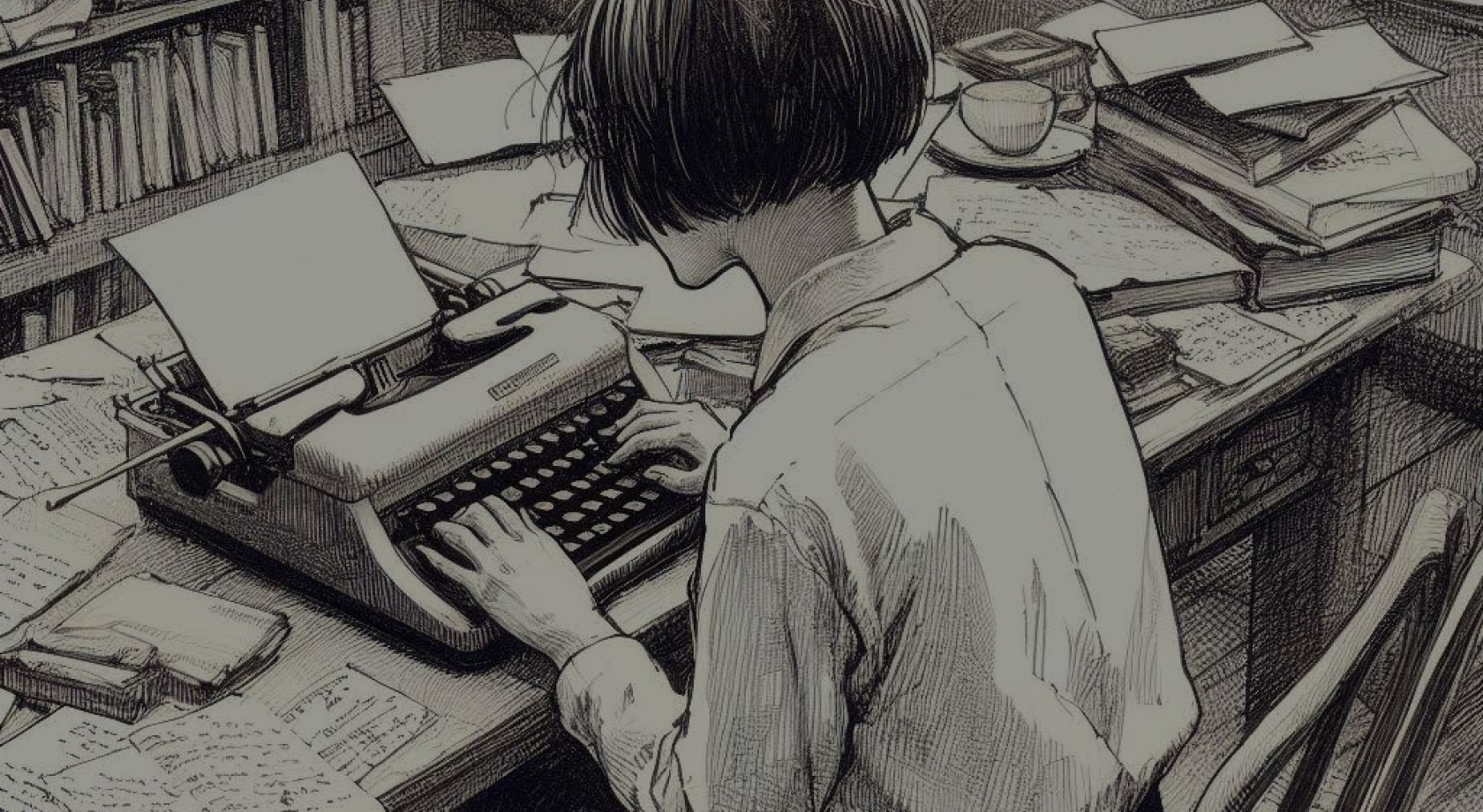Welcome, Hallyu, the Korean wave
Video streaming, and Netflix in particular, has slowly been changing the way I see the world. The need to increase the supply of films and series for an insatiable audience has led Netflix to turn to film markets other than the USA, England and France. In this race for new products, Netflix has for some time been partnering with international producers, selecting scripts and financing their films. As a result, we now have a profusion of Indian, Korean, Turkish, Spanish, Chinese and, to a lesser extent, Polish and Argentinian series. Each of them brings not only well-told stories and beautiful images, but also a lot of information about other cultures.
Little by little, the American way of life is becoming less hegemonic in people's minds - after all, everyone knows that cinema is a great tool for cultural domination. In my case, I fell under the spell of Korean culture. It's been a few years since I saw my first series from South Korea: Mr. Sunshine. Very good, a period story. That first series paved the way for several others. To date, I've probably seen more than 100. Preference for movie style is like taste, you learn by testing, introducing something new every day. And so it has been with me.
At first I had to get used to the particularities of Korean culture and cinema. The pace of the plot is much slower than we're used to; anyone who only likes action movies is unlikely to be satisfied. There is also a very strong social hierarchy of characters, and a tendency to avoid scenes of explicit violence (with the exception of Round 6). But what struck me most at first was the impression that the characters were all Barbies and Kens, with no sex. Kissing scenes? Only towards the end of the series. Sex scenes? I never saw them.
Without getting lost, or dwelling on these triggers so common in American films, the Koreans create scripts that describe the characters, their psychology, class differences and the prospects for growth of each one in great detail. It's a wealth of information, and you end up learning a lot about this society that is apparently so different from the West, despite Korea's long years of "security alliance" with the US since it entered the Korean War in 1950.
The Korean film industry has many good and creative screenwriters, but it also suffers from the copy complex that attacks the Chinese. They also make a lot of remakes of famous American series, but in Korean style. Some of these copies have been very successful. Another thing that really helps people, especially us Brazilians, to identify with the characters is the Korean emotionality. Although seemingly cold, they have chirps, exaggerate, dissect every problem in long conversations with relatives and friends. Sound familiar? Sometimes I see my shiba having fits when she's bored or wants more food and I find myself wondering if this isn't a Korean breed, rather than a Japanese one. A real drama queen!
But the Korean series (K-dramas) wasn't just a phenomenon. In the Brazilian media, photos have begun to appear of famous Korean artists who are being used as poster boys for chic clothing brands, like Lee Min Ho, for example. In music, K-pop is also gaining ground here.
The girls from the website "Coreanas de Taubaté" are delighted by this cultural invasion. This site brings together a large group of fans of the Korean wave, Hallyu, which is taking the world by storm. Let's face it, the girls are right. It's about time someone shook up the American hegemony. These are times of diversity.


